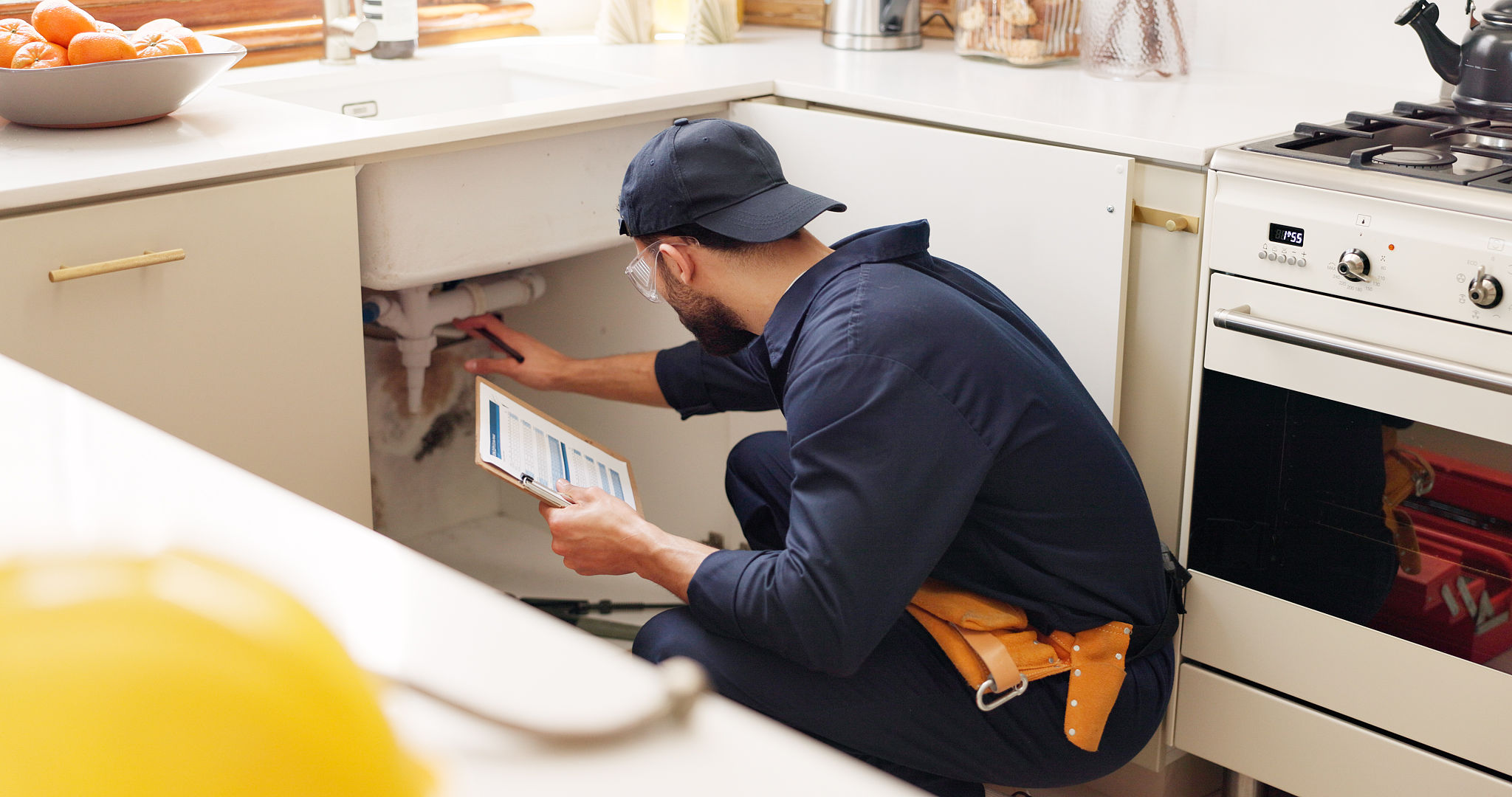How to Prepare Your Home for Post-Surgery Assistance
Understanding the Need for Post-Surgery Assistance
After undergoing surgery, the healing process is critical, and having a well-prepared home can significantly aid in recovery. Whether you are returning from the hospital or setting up for a loved one, creating a conducive environment for healing is essential. This preparation reduces stress and ensures that you or your loved one can focus on recuperating without unnecessary disruptions.
The type of surgery will dictate specific needs, but there are general steps everyone can take to ensure a safe and comfortable recovery space. From rearranging furniture to stocking up on essentials, these preparations can make a significant difference in the recovery journey.

Creating a Safe Environment
Safety is paramount when preparing your home for post-surgery assistance. Start by evaluating the living spaces and identifying potential hazards. Clear all pathways to ensure unobstructed movement, especially if mobility aids like crutches or wheelchairs will be used.
Consider installing grab bars in the bathroom and near the bed to provide additional support. Remove loose rugs and ensure all cords are securely tucked away to prevent tripping. In some cases, renting or purchasing special equipment like a shower chair or raised toilet seat might be necessary to enhance safety and comfort.
Adapting the Living Space
Depending on mobility limitations, it may be necessary to adapt certain areas of the home. If stairs are challenging, consider setting up a temporary bedroom on the ground floor to avoid unnecessary exertion. Ensure that the bed is at a comfortable height to get in and out of easily.

Stocking Up on Essentials
Having essential supplies on hand can make recovery smoother and more comfortable. Stock up on medications, bandages, and any prescribed medical supplies well in advance. Keep these within easy reach, ideally in a central location where they can be easily accessed.
Prepare or purchase easy-to-make meals that require minimal effort. This is especially beneficial if the patient will be spending extended periods alone or if caregivers have limited availability. Consider meal delivery services as an option for added convenience.
Organizing Personal Support
Enlist the help of family, friends, or professional caregivers to assist with daily activities. Having a support system in place can alleviate stress and allow for more focused healing. Discussing the patient’s needs and preferences beforehand ensures everyone is on the same page.

Ensuring Emotional Well-being
Physical recovery is only one aspect of post-surgical care—emotional well-being is equally important. Create a comforting atmosphere by surrounding the patient with items that bring joy, such as favorite books, music, or photographs. Encourage regular communication with friends and loved ones to prevent feelings of isolation.
If needed, arrange for visits from therapists or counselors who can provide additional emotional support during recovery. Maintaining a positive mindset can significantly impact the overall healing process.
Monitoring Progress and Adjusting as Needed
Regularly assess the recovery environment and make adjustments as needed. As the patient regains strength and mobility, some adaptations may no longer be necessary, while others might require enhancement. Keep communication open with healthcare providers to ensure all needs are being met effectively.
By preparing your home thoughtfully for post-surgery assistance, you can create a supportive environment that fosters healing and comfort. Each step taken in preparation helps facilitate a smoother recovery journey, allowing you or your loved one to focus on what truly matters—getting better.